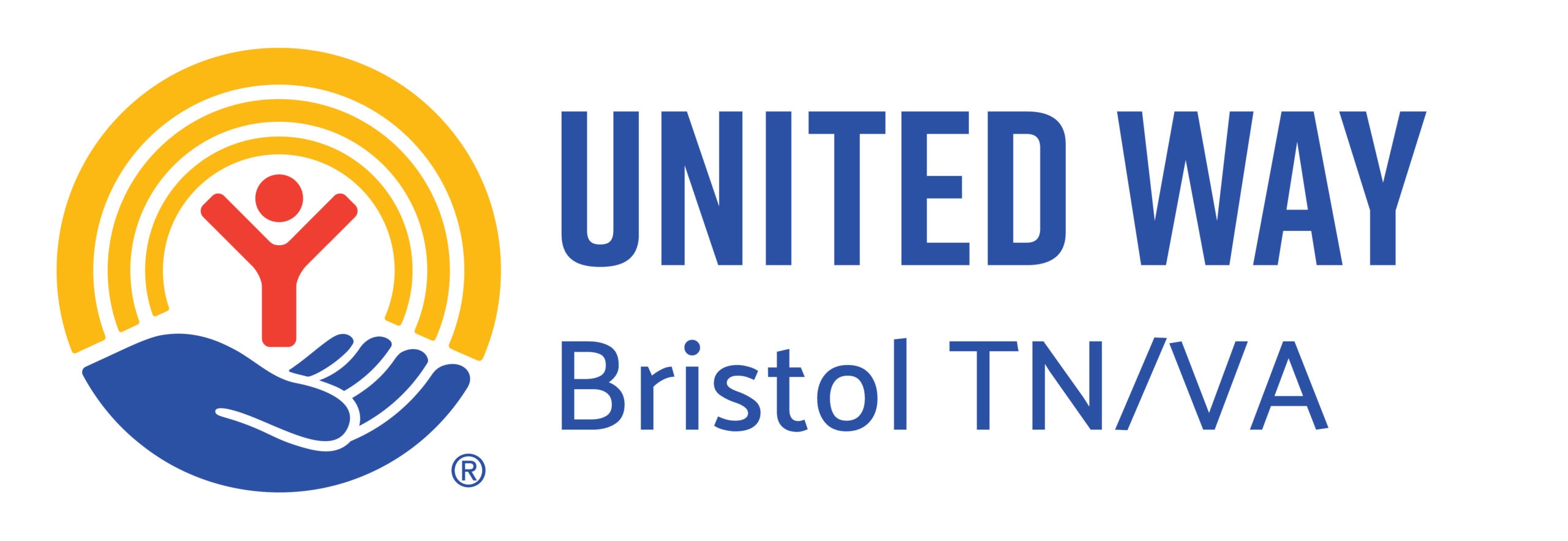ALLIE ROBINSON GIBSON | BRISTOL HERALD COURIER
BRISTOL, Tenn. — Rushing from agency to agency for help, trying to make the money last as long as the week, and struggling to put food on the table is an all-too-real existence for about 20 percent of the population in Bristol.
About 75 city leaders got a glimpse of that struggle Thursday afternoon, in a poverty simulation exercise at the YWCA-Bristol. The event was organized by community leaders in partnership with LEAD Bristol, the United Way of Bristol and the Holston Conference of the United Methodist Church.
“It was very eye-opening,” said Gary Ritchie, assistant superintendent of Bristol Virginia Public Schools. “I was homeless the whole time so there was a sense of chaos and helplessness. … We didn’t really know the first step to take [to get help] and sometimes it’s hard to see the big picture.”
In Bristol, Virginia, the poverty rate is about 21 percent, while across the state line it’s about 18 percent, according to data kept by the U.S. Census Bureau.
Across the country, the poverty rate — measuring by an income of about $24,000 or less for a family of four — is 15 percent. In Virginia, the rate is about 11 percent, while in Tennessee, it’s about 17 percent.
In the simulation, participants were split into families, and given instruction on their character — if they had a job, what bills were owed and what kind of income was coming in. Participants had to make it through four 15-minute “weeks,” trying to keep their budget afloat while attempting to improve their situation.
Most people found it difficult, and several families’ homes were foreclosed on by the end of the exercise.
“When we all started, it was fun and games,” said Andrew Brown, principal of Anderson Elementary School. “But the next thing I know, I’m waiting in line [at the bank or at an agency to receive aid] and I was starting to get frustrated myself. It was amazing to me how time management became such an issue.”
Ritchie said he felt shame going to the faux agencies to ask for financial assistance, and, one week, had to go back and ask twice because he was still short on cash.
“How many families have come to me and asked for help a second or third time?” he said. “I was ashamed to ask for help. It causes you to think about being more compassionate.”
Kayla Smith works at the Bristol Redevelopment and Housing Authority. She said her experience on the other side of the system — asking for aid, rather than dispensing it — was enlightening.
“It’s sad what people go through,” she said. “[We need to] just try to help them out … maybe give them a break.”
Both Ritchie and Brown see the effects of poverty on children in their respective schools.
“If our kids are hungry, they’re by and large already shut down,” Ritchie said. “You’re not thinking about learning. It’s about self-preservation. They’re worried about food.”
Gaye King, of the Holston Conference, led the simulation, which was developed by the Missouri Community Action Council. She said it’s an important exercise because many times, people who work in social aid jobs think they know what it’s like to be poor when they haven’t experienced it themselves.
“This helps give a person just a glimpse,” she said. “It enables people to walk away with a different view. In the church, we don’t minister to, we minister with. And we can’t minister with unless we know what it’s like.”

Join our mailing list to receive the latest news and updates from our team.
You have Successfully Subscribed!